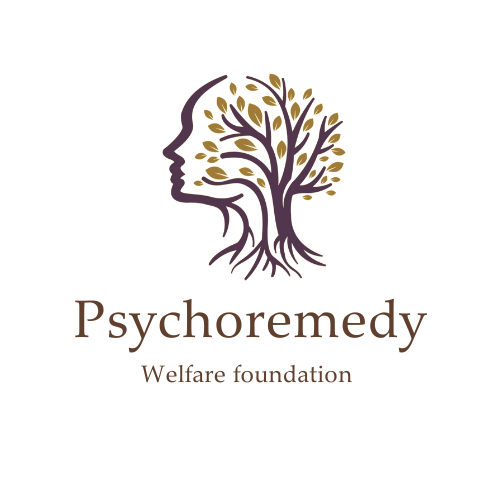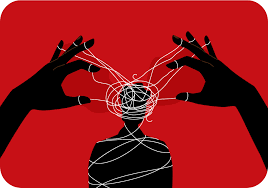How Cognitive Distortions Impact Day-to-Day Activities: recognising the Hidden Mental Pitfalls
Irrational or biassed thought patterns known as cognitive distortions have a detrimental effect on how people view the world, other people, and themselves. Although everyone occasionally has skewed thoughts, persistent cognitive distortions can seriously harm a person’s relationships, emotional health, ability to make decisions, and general day-to-day functioning.
Cognitive Distortions:
Cognitive behavioural therapy (CBT) is based on the idea of cognitive distortions, which was first proposed by psychiatrist Aaron T. Beck. These mental errors are habitual and frequently reinforce negative feelings andw actions (Beck, 1976). Typical kinds consist of:
Seeing things in black and white is known as “all-or-nothing thinking.”
Making broad assumptions based on scant information is known as overgeneralisation.
Anticipating the worst is known as catastrophising.
Mental filtering is the practice of concentrating only on a situation’s drawbacks.


